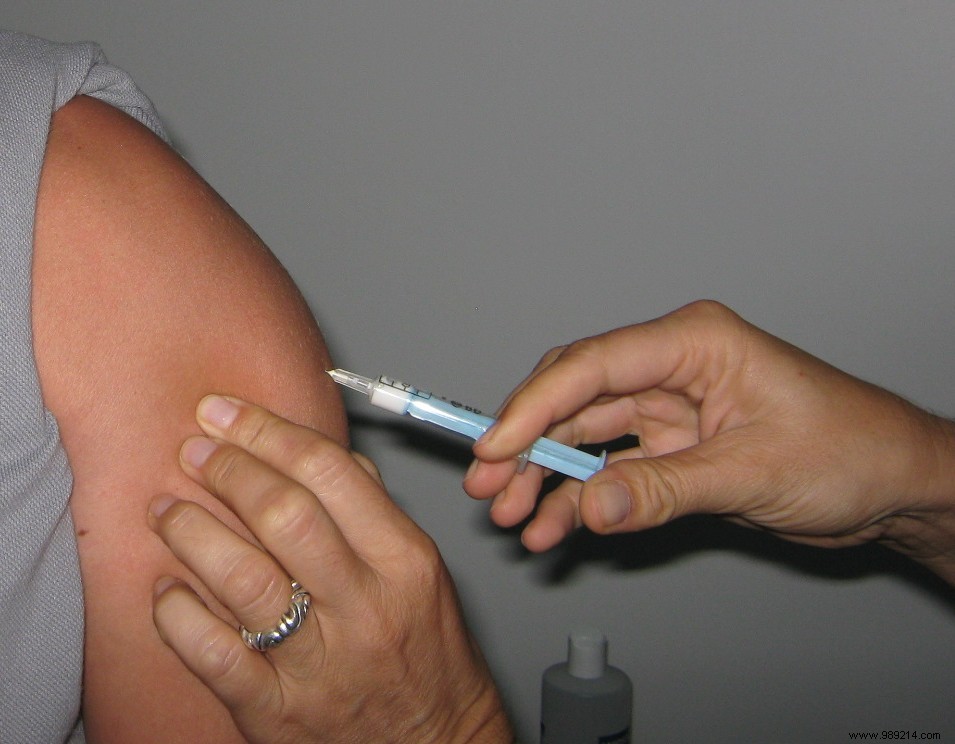In the midst of the vaccination campaign against SARS-CoV-2, the Germans witnessed a blunder in the logistics of the Pfizer vaccine. Several cantons in one region of the country did not receive their dose for the first week of the campaign. In question ? A break in the cold chain.
On Sunday, December 27, 2020, Germany began its vaccination campaign against the coronavirus, as did France. Unsurprisingly, it was the Pfizer/BioNTech vaccine, whose conditions transportation and storage are demanding. However, on the first day of the campaign, seven Bavarian cantons in southeastern Germany did not receive their vaccines. Thus, the inhabitants of these localities could not be vaccinated from the first week.
The cause of this incident is none other than a break in the cold chain . Remember that the vaccine in question – messenger RNA (mRNA) – must be stored at rather extreme temperatures, namely between -60 and -80°C. However, these are temperatures close to those of Antarctica! In any case, this blunder reminds the importance of the cold chain and more generally, the logistics around the vaccine.

mRNA vaccines have development advantages, particularly with respect to ease of design. On the other hand, their fragility is their greatest defect, finding its source in the presence of enzymes in the vaccine. Their mission is to destroy the messenger RNA – a temporary genetic code – once its mission has been carried out. However, in the case of a vaccine, it is up to the molecule containing the mRNA to remain perfectly stable while waiting for the moment of injection.
Labs have different techniques for stabilizing mRNA. The latter goes through a "coating", i.e. a structural stabilization then a "packaging", i.e. placement in a lipid molecule. Indeed, the mRNA is not injected naked. However, these manipulations are not enough because it is necessary to reduce the temperature in order to freeze the mRNA over time . The enzymes are therefore paused and there is no risk of damaging it.
This ultimate stabilization is valid when the vaccines are between -60 and -80°C. In general, storage is done in special dry ice freezers . After thawing, time is running out:there are only five days left before proceeding with the injection. Indeed, enzyme activity resumes with the rise in temperature. Ensuring precise and efficient logistics is therefore a necessity.